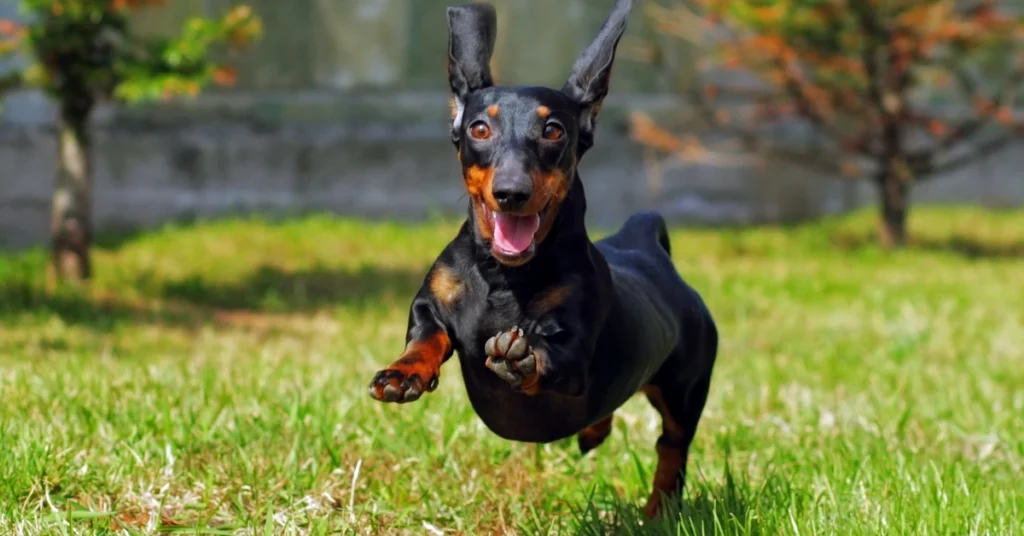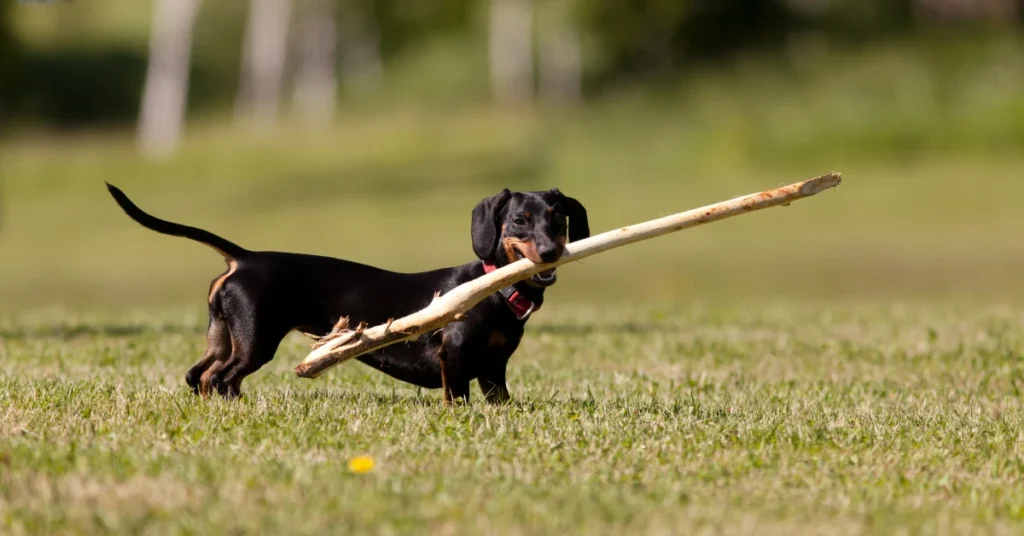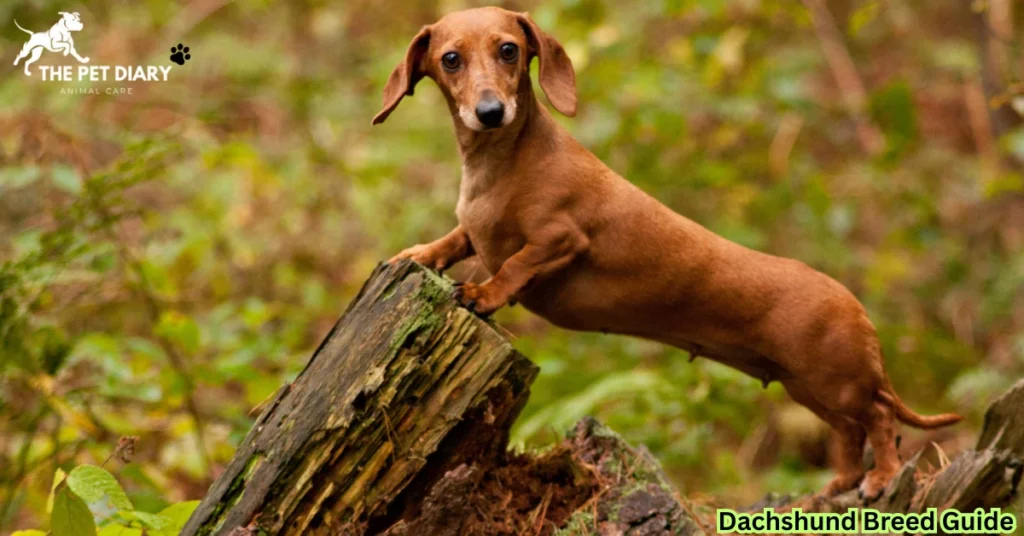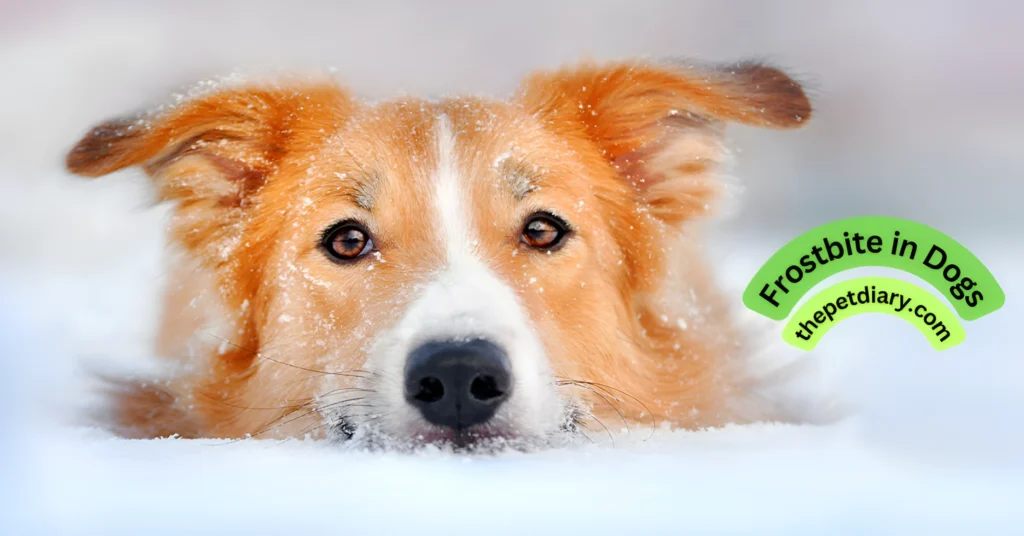Few dogs capture as much attention and affection as the Dachshund. With their long bodies, short legs, and lively personalities, Dachshunds are among the most recognizable breeds in the world. Often called “wiener dogs” or “sausage dogs,” they are both cute and courageous, making them beloved companions across the globe. This Dachshund Breed Guide will walk you through everything you need to know about history, varieties, temperament, care, training, health, grooming, and even designer mixes. Whether you plan to adopt dachshund puppies or own a loyal Doxie, this guide is your one-stop resource.
Origin and History of Dachshunds
The Dachshund originated in Germany more than 300 years ago. The name comes from two German words: Dachs (badger) and Hund (dog). These little hunters were bred specifically to dig into burrows and flush out badgers, foxes, and rabbits.
Despite their small size, Dachshunds are fearless. Their long bodies and paddle-shaped paws were perfect for digging underground tunnels, while their loud bark allowed hunters to track them from above.
By the 19th century, Dachshunds had become popular not just as hunting dogs but also as family companions. They were brought to the United States and soon gained worldwide fame. Today, Dachshunds rank among the top dog breeds in popularity due to their charming personalities and adaptable nature.
Dachshund Breed Guide: General Appearance
Dachshunds are small but muscular dogs with a distinctive silhouette: a long back, short legs, and a proud chest.
-
Height: 8–9 inches (standard), 5–6 inches (miniature dachshund)
-
Weight: 16–32 lbs (standard), under 11 lbs (mini dachshund)
-
Body: Long, sturdy, and muscular
-
Ears: Floppy and set close to the head
-
Eyes: Almond-shaped, expressive
-
Tail: Slightly curved, carried in line with the back
This unique structure makes them adorable but also requires special care, especially to protect their spines.
Types and Varieties of Dachshunds
Here’s a quick comparison of Dachshund types by size and coat:
| Type | Weight/Size | Coat | Special Notes |
|---|---|---|---|
| Standard Dachshund | 16–32 lbs | Smooth, long, wire | Best for active families |
| Miniature Dachshund | Under 11 lbs | Smooth, long, wire | Perfect for apartments |
| Mini Dachshund | 5–10 lbs (tiny) | Smooth, long, wire | Smallest variety |
| Long Haired Dachshund | Size varies | Long, silky coat | Needs daily brushing |
| Wire Haired Dachshund | Size varies | Thick, rough coat | Distinctive beard & eyebrows |
| English Cream Dachshund | 11–16 lbs (avg) | Smooth/long cream coat | Rare & elegant |
| Dapple Dachshund | Any size | Spotted pattern | Eye-catching & unique |
| Piebald Dachshund | Any size | White base with patches | Very distinctive |
| Golden / Blonde Dachshund | Any size | Golden coat | Stunning variation |
👉 Rare and trendy types include mini long-haired dachshund, fluffy dachshund, and even designer mixes like the golden dachshund.
Dachshund Puppies Breed Guide – What to Expect

Dachshund puppies are tiny bundles of energy. They grow quickly in the first six months and reach full size within a year. Training and socialization should begin early to avoid stubborn behaviors.
Puppy Variations
-
Dapple Dachshund Puppies: These puppies have striking spotted coats and are highly sought after. However, double-dapple genetics can lead to health problems, so choose breeders carefully.
-
Mini Long Haired Dachshund: Gentle, elegant, and perfect for those who love a small, fluffy companion.
-
Fluffy Dachshund: Often the result of crossbreeding, these pups are prized for their plush look and cuddly personality.
Raising Dachshund puppies requires patience, but their charm makes the effort worthwhile.
Dachshund Temperament and Personality
Dachshunds are loyal, playful, and protective. They are excellent watchdogs thanks to their alertness and bark. However, they can be independent and stubborn, which makes training a test of patience.
-
With Families: Dachshunds bond strongly with their owners and often become “velcro dogs.” They love being around family but may be cautious around strangers. With children, they do best with older kids who understand gentle handling.
-
With Other Pets: Dachshunds can be territorial due to their hunting instincts, but with proper training and early socialization, they adapt well to multi-pet households.
-
Personality Traits: Curious, brave, sometimes mischievous, and surprisingly vocal for their size.
Dachshund Breed Guide: Training & Exercise

Training Challenges
Dachshunds are known for their stubborn streak. Housetraining can be tricky, and they may test boundaries. They are also barkers, so noise control is a must.
Dachshund Dog Training
The secret to success is consistency and patience. Use positive reinforcement with treats and praise. Keep sessions short and fun, as Dachshunds get bored quickly. Crate training helps with housetraining and gives them a safe space.
Exercise Needs
Though small, Dachshunds are energetic. Daily walks (30–45 minutes) are essential, along with playtime and mental games. Puzzle toys and fetch are excellent choices. Avoid activities that involve jumping from heights, as this strains their backs.
Dachshund Breed Care, Health & Lifespan:
Dachshunds are generally healthy but prone to specific issues due to their unique body shape.
Common Health Problems
-
Intervertebral Disc Disease (IVDD): A spinal condition that can cause pain or paralysis. This is the most significant health risk for Dachshunds.
-
Obesity: Extra weight puts stress on their backs and joints. A controlled diet and exercise are critical.
-
Dental Disease: Small breeds like Dachshunds are prone to tartar buildup, which can lead to gum disease.
-
Eye Problems: Conditions such as cataracts and progressive retinal atrophy can develop with age.
Lifespan
With good care, Dachshunds live 12–16 years, and some even longer. Regular vet check-ups, proper diet, and avoiding risky activities can add years to their life.
Dachshund Nutrition Guide
Diet Requirements
Dachshunds need the best dachshund food that balances protein, fat, and carbohydrates. Protein supports their muscular build, while fats give them energy.
Feeding Puppies vs Adults
Puppies require smaller, frequent meals packed with nutrients to support growth. Adults thrive on two meals a day, while seniors may need fewer calories to prevent weight gain.
Supplements
Omega-3 fatty acids promote coat health, while joint supplements can help protect against back and hip issues.
Grooming Needs of Dachshunds & Breed Guide:

Coat-Specific Grooming
-
Smooth Coat: Minimal grooming. Weekly brushing is enough to remove loose hairs.
-
Long Haired Dachshund: Daily brushing to prevent tangles and mats. Their flowing coat needs more attention.
-
Wire Haired Dachshund: Needs trimming and occasional hand-stripping to maintain their unique texture.
Other Grooming Essentials
Nail trimming every 3–4 weeks prevents overgrowth. Floppy ears require regular cleaning to avoid infections. Dental hygiene brushing teeth or providing dental chews, keeps their mouth healthy.
Dachshund Dog Apparel
Because of their small size and short legs, Dachshunds get cold easily. Owners often buy dachshund dog apparel like sweaters, jackets, and even raincoats to keep them comfortable outdoors.
Dachshund Accessories & Essentials
Every Dachshund needs the right accessories:
-
Dachshund Harness: A harness is safer than a collar, as it avoids putting pressure on their delicate neck and spine.
-
Orthopedic dog beds offer spinal support and reduce the risk of IVDD.
-
Durable chew toys keep their active minds busy.
-
Travel carriers ensure safe journeys.
Dachshund Breed Guide: Popular Mixes
Dachshunds are often crossed with other breeds to create unique designer mixes.
-
Dachshund Poodle Mix (Doxiepoo): Playful, intelligent, and sometimes hypoallergenic.
-
Dachshund Golden Retriever Mix: Combines the loyalty of a Golden with the small size of a Dachshund.
-
Pitbull Mix Dachshund: Strong, affectionate, and unique in looks, best for experienced dog owners.
These dachshund mix breeds can inherit the best of both parents, but always research before choosing.
Living with a Dachshund:

Dachshunds adapt well to both apartments and houses. Owners should prepare for their stubborn streak, digging habits, and loud bark. Despite these quirks, they bring endless joy and laughter.
Pros and Cons of Dachshund Ownership
Pros of the Dachshund Breed Guide:
Dachshunds are loyal and protective. Their adaptable size makes them perfect for small homes and city living. They are playful, fun-loving, and bond deeply with their families.
Cons of the Dachshund Breed Guide:
On the downside, Dachshunds can be stubborn and challenging to train. They are prone to back issues, which means owners must be cautious about their activities. Excessive barking is another common trait, especially without proper training.
Dachshund Breed Guide: Adoption vs Buying
Adopting from shelters or Dachshund rescues is always recommended, as many dogs need loving homes. If buying from breeders, choose reputable ones who provide health certifications. Avoid puppy mills, as they often breed unhealthy puppies in poor conditions.
Dachshund Cost & Expenses
Here’s a breakdown of expected costs when owning a Dachshund:
| Expense Category | Estimated Cost (USD) | Details |
|---|---|---|
| Puppy Price | $800 – $2,500 | Depends on coat type, breeder, and rarity |
| Vet Bills | $500 – $1,000 annually | Includes checkups, vaccines, and emergencies |
| Best Dachshund Food & Nutrition | $50 – $100 monthly | High-quality kibble or raw diet |
| Grooming | $200 – $400 annually | Higher for long haired dachshund and wire haired dachshund |
| Accessories | $100 – $300 annually | Beds, toys, a dachshund harness, and apparel |
| Training | $100 – $500 (one-time) | Puppy classes or private training |
👉 Investing in a Dachshund is not just about money. It’s about time, love, and commitment.
Fun Facts About Dachshunds
-
Nicknamed Sausage Dog, Wiener Dog, and Doxie.
-
Beloved by famous figures like Picasso and Andy Warhol.
-
Mascot of the 1972 Munich Olympics.
-
Their bark is very loud for their size.
Conclusion of Dachshund Breed Guide:
Dachshunds are more than just adorable “sausage dogs”. They are bold, loyal, and full of personality. From the elegant long-haired dachshund to the playful miniature dachshund and the rare English cream dachshund, each type brings its own charm. While they do require special care, particularly for their backs, the love and companionship they give in return make it all worthwhile. Owning a Dachshund means enjoying years of laughter, affection, and unforgettable moments with a dog that will stand by your side through thick and thin. The Dachshund Breed Guide shows that with the right training, nutrition, and attention, your Doxie will be a healthy and happy companion for life. Learn more at ThePetDiary.com.
FAQS of the Dachshund Breed Guide:
Why Dachshunds Are the Worst Breed?
Some consider Dachshunds difficult because they’re stubborn, bark a lot, and prone to back issues, but with proper care, they make loyal companions.
How Much Are Dachshunds?
A Dachshund puppy usually costs $800 – $2,500, depending on coat, color, and breeder reputation.
How Much Are Mini Dachshunds?
Mini dachshund puppies often range from $1,000 – $3,000, with rare colors costing more.
How to Potty Train a Dachshund?
Be consistent with routines, use positive reinforcement, and crate training to successfully potty train a Dachshund.
Are Dachshunds Good Family Dogs?
Yes, Dachshunds are affectionate and playful, making them great family dogs, though they need supervision around small children.
Do Dachshunds Shed a Lot?
Dachshunds shed moderately; long-haired dachshunds and wire-haired dachshunds need more grooming than smooth-coated ones.


